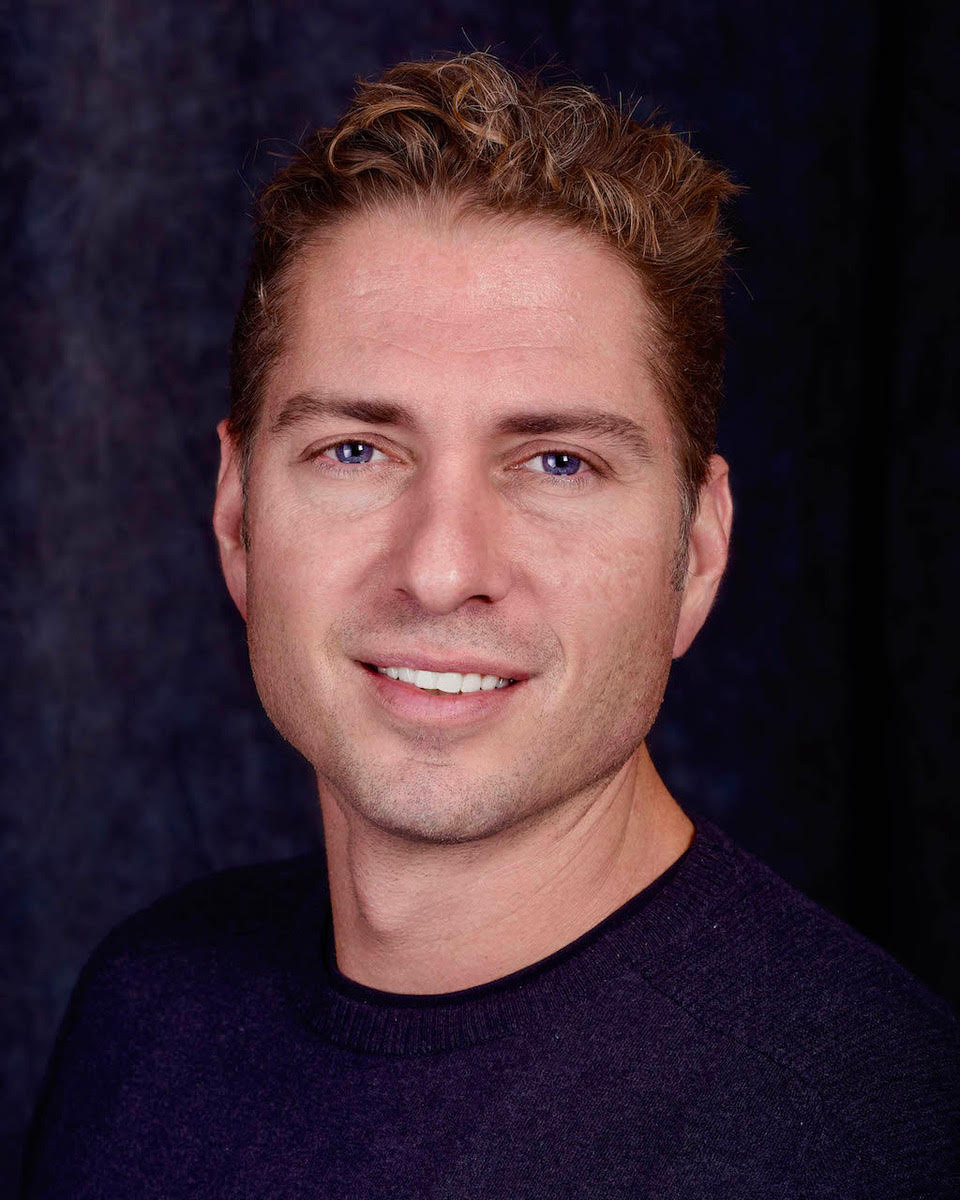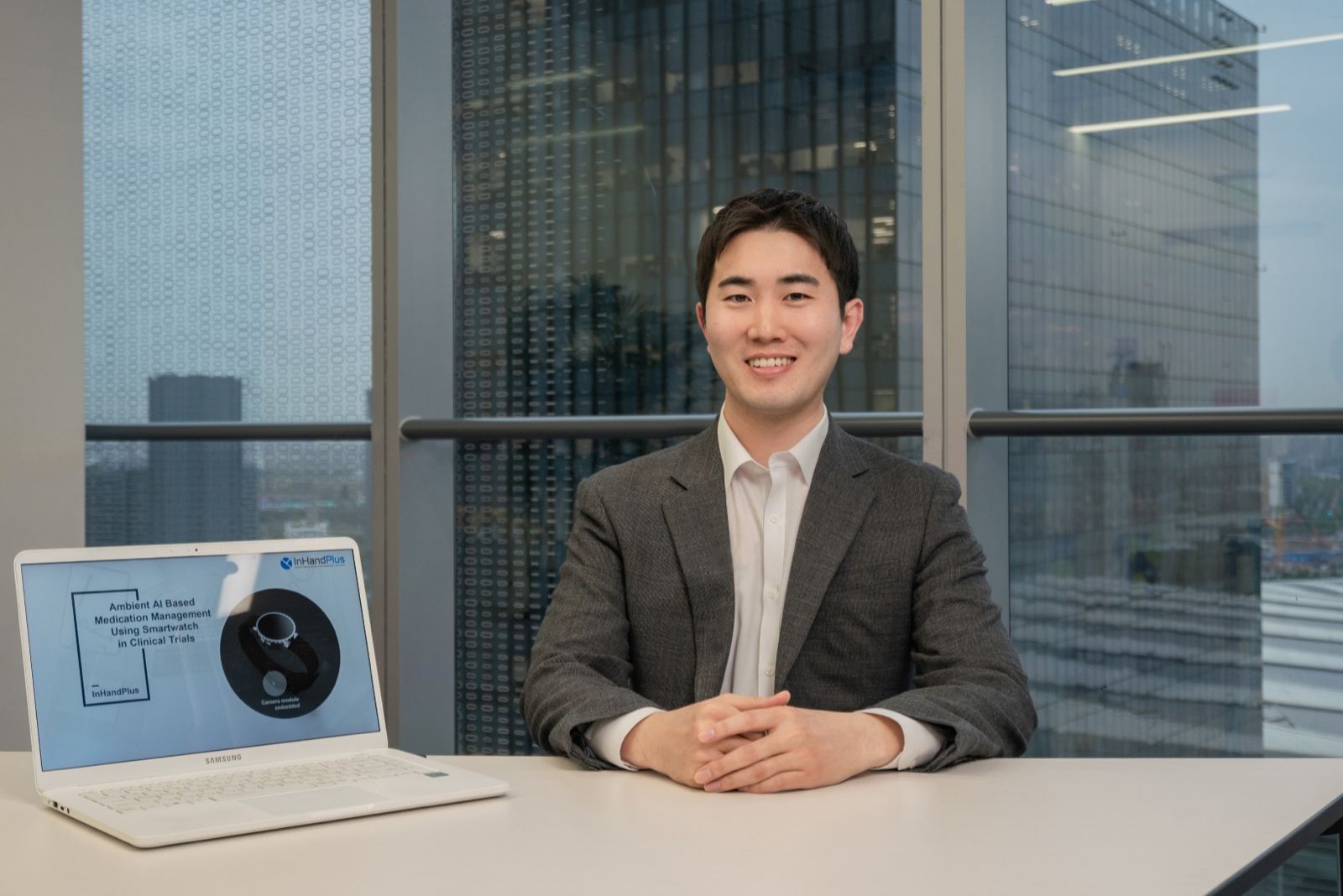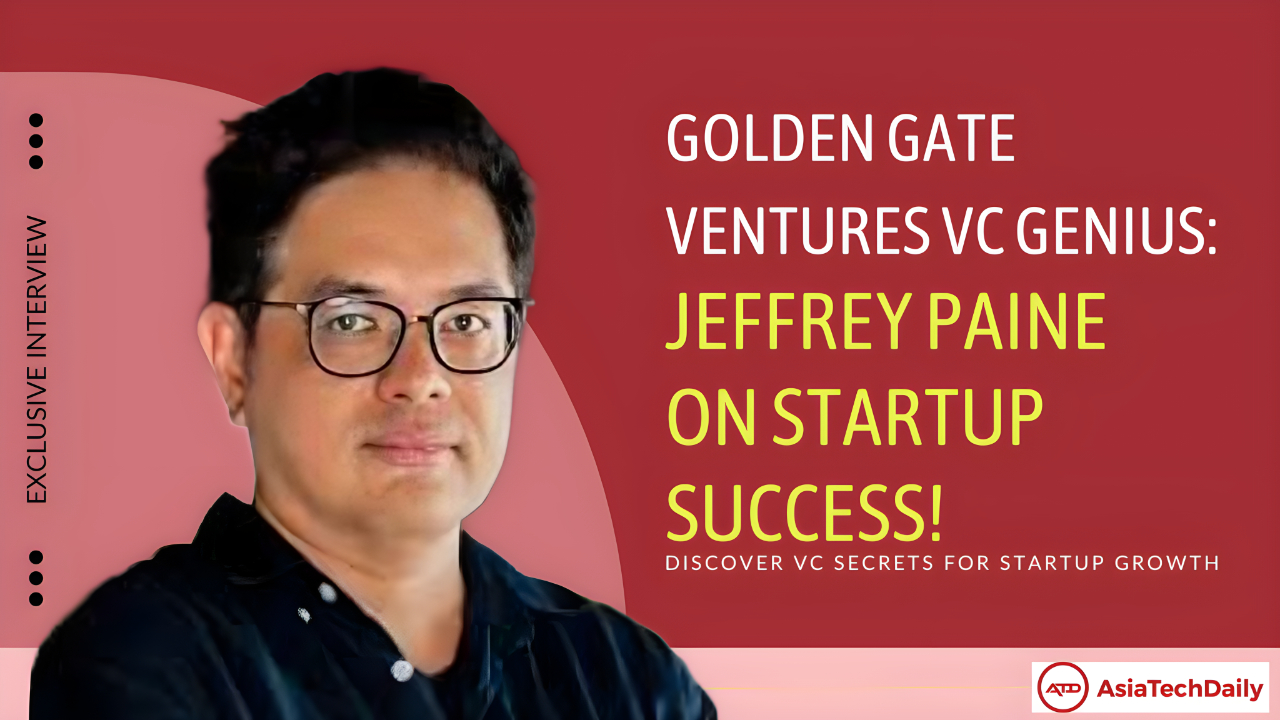AsiaTechDaily – Asia's Leading Tech and Startup Media Platform

How Travis Boatman CEO And Founder Of Carbonated Raised $8.5M To Build A LA Based Mobile Games Studio?
Travis Boatman is the founder and CEO of Carbonated, an LA based mobile games studio.
A 25-year veteran of the game industry (19 years in mobile), Travis has also served as SVP Mobile at both Zynga and Electronic Arts, where he led global studios and mobile game strategy.
Travis is also an angel investor and advisor for companies like Mattel, BWG, Evollve, Renzu, Little Labs, Bunch, and he was featured in four Apple keynotes.
In an exclusive interview with AsiaTechDaily, Travis says:
Respecting true technical innovation and hiring the people that can create it. It’s slower and more challenging, but it’s more rewarding in many ways.
Take on the hard problems first. It feels great to win those tough battles, and then the rest seems easy.
- Don’t be afraid of things being difficult. That’s just part of life. Embrace it. Whether that’s hard work, diet, exercise, having hard conversations, getting up early, we are always learning, managing physical pain, etc
- A perspective is a great tool for decision making
Read on to know more about Travis Boatman and his journey.

Please tell me about your personal background and What motivated you to get started with your company?
Travis Boatman: I’m a massive fan of the games industry, and have been working in the games business since around 1990. I’ve been fortunate in my career to have worked at some amazing companies, including JAMDAT, Electronic Arts, and Zynga. That said, my primary motivation has always been to create products and entertain audiences. In years past, the best place to do was at larger publishers because they had access to players and the capital to create great products. Today smaller studios have access to players (through App stores, Discord, Facebook), and now there are numerous ways to raise capital. Additionally, game creation is easier and cheaper now than ever before (leveraging Unity, Unreal, Lumberyard, etc.).
What is your current main product, and can you share any previous product pivot story to the current product?
Travis Boatman: Our current product is a real-time, third-person, squad-based multiplayer shooter on mobile. Our goal is to create a high-fidelity gaming experience by pushing the capabilities of today’s mobile hardware.
How much money have you raised in total so far? When was the recent funding round?
Travis Boatman: We spent the first few years of the studio doing contract work to refine our thesis and work together as a team. We recently raised $8.5M so that we can focus on our thesis and go faster!
What were the internal decision processes in determining when to begin fund-raising, and what were the logistics for this? And how many investors have you met so far, and how did you meet these investors, and which channels worked best for you?
Travis Boatman: It was primarily about speed to market. We spent several years building our team and refining our thinking. When we felt the time was right to raise, we were fortunate to find like-minded partners who believed in our vision.
What are the biggest challenges and obstacles that you have faced in the process of fund-raising? If you had to start over, what would you do differently?
Travis Boatman: Given we love to entertain players, I think the only thing we could have done differently is rising earlier. It probably would have allowed us to be in the market today, so we could already be entertaining millions of people during these difficult times.
What are your milestones for the next round? And what are your goals for the future?
Travis Boatman: At this point, our game is fully playable, and we’re now entirely focused on player feedback. Our goal is to accelerate our player feedback through our live ops tools and improve the product. Once we (and our players) feel the game is ready for release, we’ll happily launch!
How have you attracted users, and with what strategy have you grown your company from the start to now?
Travis Boatman: While our team is quite adept at traditional User Acquisition, we’re starting by leveraging organic community growth through Discord, given our game appeals to that audience.
Which has been the best marketing software tool for the growth of your startup, and why?
Travis Boatman: Organic growth and concept testing on Facebook are both great early indicators of appeal (i.e., product-market fit). It’s good to tackle that first to focus on the next goals on Retention and future growth through traditional channels.
What do most startups get wrong about marketing in general?
Travis Boatman: Startups (as they should be) tend to be optimists and often ignore clear signals that their game isn’t appealing to customers. There are plenty of creators who believe “our game is great; it’s User Acquisition that’s broken.” Yet we still see new games growing organically every year without spending a lot on UA (although some do). Some of the world’s best studios have developed a good culture for identifying product-market fit or making the hard choice to cancel them if not (i.e., Supercell).
How do you plan to expand globally?
Travis Boatman: Our game is designed from the ground up for a global audience. We would need strong local signals from players on a country-by-country basis before investing resources in each of those regions.
What are the most common mistakes companies make with global expansion?
Travis Boatman: First, assuming that if the game works in their home country, it will work elsewhere. Second, not finding the right local partner to help your product navigate those regions.
How do you handle this COVID-19 outbreak situation for your company’s survival in the future?
Travis Boatman: Video games (particularly mobile games) are well suited for these difficult COVID-19 times, as people are looking for entertainment to brighten their day. Mobile entertainment is ideal because it’s with you all the time, free to play, and allows you to connect with people while you’re social distancing.
What are the most common mistakes founders make when they start a company?
Travis Boatman: Two things come to mind: First, unless you’re a serial entrepreneur/team, building a team that can work well together takes time. It takes time for people to learn how to operate well together, and expectations typically outstrip capability. Second, startups often take on too much too quickly. Doing less better and staying focused on your thesis is much harder than it sounds.
What’s the best advice you’ve ever received? And What advice do you have for someone who is interested in doing similar things like yours or in a similar direction?
Travis Boatman: Respecting true technical innovation and hiring the people that can create it. It’s slower and more challenging, but it’s more rewarding in many ways.
What are the top-three books or movies (TV series) that changed your life and why?
Travis Boatman: I love Science fiction and the visuals they provide (Matrix, Star Wars, The Expanse), and I love stories of family and friendship Shawshank Redemption, Unforgiven, probably anything with Morgan Freeman 🙂
How do you keep yourself motivated every day?
Travis Boatman: Take on the hard problems first. It feels great to win those tough battles, and then the rest seems easy.
What are the top- three life lessons that you want your (future) sons and daughters to know?
Travis Boatman:
- Don’t be afraid of things being difficult. That’s just part of life. Embrace it. Whether that’s hard work, diet, exercise, having hard conversations, getting up early, we are always learning, managing physical pain, etc
- A perspective is a great tool for decision making
What would you like to be remembered for?
Travis Boatman: Entertaining people. That when people are down or just needed to take a break, our work helped them through those tough times. Also, our games connected them with other players and put a smile on their face. : )
You can follow Travis Boatman here.
Are you looking to secure investment for your startup or a keen startup enthusiast, keep an eye on our interview section.
Follow Asia Tech Daily to know about the innovative startups and how they are revolutionizing the ecosystem.





